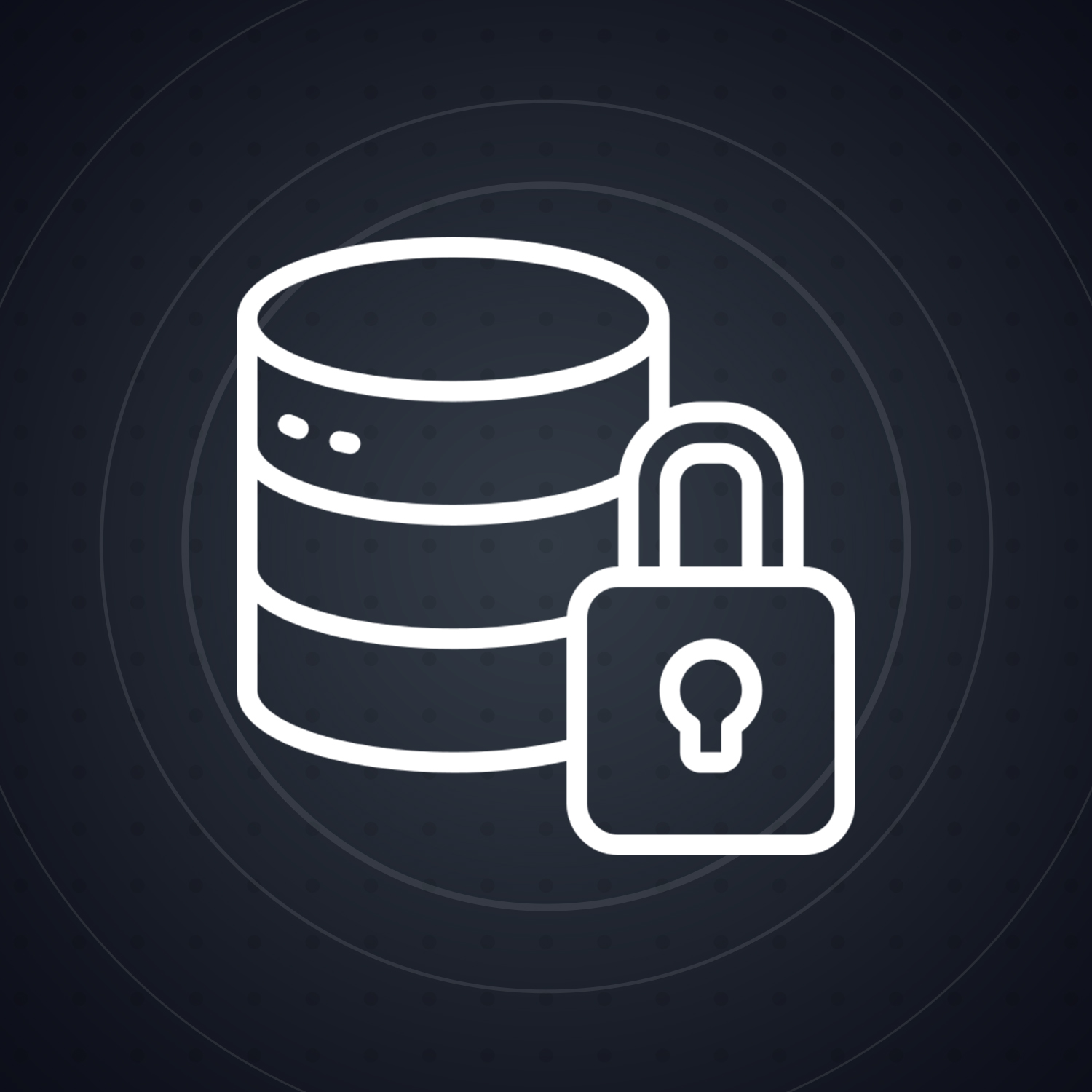In the Proof of Stake (PoS)-based blockchain ecosystem, validators represent the backbone of the network. Choosing a validator is not just a formality, but a strategic decision that can directly influence profitability, fund security, and the overall delegator experience. In a market with hundreds or even thousands of options, how can you tell if a validator is truly “premium”?
Three key factors form the foundation of this evaluation: yield, security, and stability. In this article, we’ll analyze in detail what each of these criteria means and how you can use them to identify a reliable staking partner.
Yield – More Than Just a Number
For most delegators, yield is the first criterion they look at when choosing a validator. Yield (or APR – Annual Percentage Rate) indicates the percentage of rewards you will receive annually for the cryptocurrencies you delegate.
However, a high yield does not necessarily mean a good choice. Here are a few aspects to consider:
- Yield sustainability – Sometimes validators may offer artificially boosted yields to attract delegators, but these can quickly drop once network parameters are adjusted.
- Validator commission – A low commission can increase earnings, but it must be balanced with the quality of services provided.
- Consistent performance – A stable yield over the long term is more valuable than a fluctuating one.
In essence, a premium yield means a combination of competitive rewards and consistency in delivering them.
Security – The Foundation of Trust
In staking, security is not just about technical protection against attacks, but also about how the validator manages the risk of slashing. Slashing is the penalty applied when a validator breaks network rules or becomes inactive, potentially leading to delegators losing part of their funds.
A premium validator ensures security through:
- Robust infrastructure – high-performance servers, hosted in controlled environments, with redundancy and DDoS protection.
- 24/7 monitoring – an alert system that quickly detects problems and enables immediate intervention.
- Proactive anti-slashing measures – optimized configurations and backup plans that prevent extended downtime.
A highly secure validator not only protects your assets but also helps maintain the integrity of the entire network.
👉 Read more tips here about how to secure your cryptocurrencies.
Stability – The Difference Between a Good Validator and a Premium One
Stability refers to a validator’s ability to deliver consistent performance without interruptions and without major fluctuations in activity. An unstable validator may miss block validations, which means direct reward losses for delegators.
Indicators of a stable validator include:
- Uptime close to 100% – keeping nodes online and permanently synchronized.
- Consistent participation in block production – with no unjustified downtime.
- Efficient resource management – proper allocation of memory, CPU, and network connections.
Stability is the result of a combination of technical infrastructure and professional operational management.
Additional Factors That Define a Premium Validator
Beyond yield, security, and stability, other factors can influence the quality of a validator:
- Transparency – availability of information on fees, performance, and governance decisions.
- Community involvement – active participation in discussions, events, and ecosystem development.
- Infrastructure diversification – operating nodes in multiple locations and data centers to reduce centralization risk.
Governance – responsible involvement in voting and network proposals.
How to Check if a Validator Is Premium
To properly evaluate a validator, you shouldn’t rely solely on promises from their website. Here are some practical methods:
- Analyze on-chain data – most blockchains allow you to view uptime history, fees, and performance.
- Look for reviews and community feedback – forums, Discord channels, and social networks can provide valuable insights.
- Compare with other validators – check if the yield and stability are competitive compared to the network average.
A careful evaluation can save you time, money, and many headaches in the long run.
Why Decentralization Matters
Another often-overlooked aspect by many investors is the validator’s level of decentralization. If most validators rely on the same cloud providers, the network becomes vulnerable to centralized risks.
Premium validators aim to diversify server locations and operate infrastructure in independent environments, reducing the risk of a single point of failure.
The Role of Premium Validators in Long-Term Profitability
A premium validator doesn’t just offer short-term rewards—it protects your investment and ensures a steady flow of passive income. High security prevents slashing-related losses, stability guarantees you don’t lose rewards from downtime, and competitive yield maximizes your earnings.
In the long run, choosing such a partner can make the difference between a successful investment and a compromised one.
Conclusion – How We Meet These Criteria
At 01NODE, we believe that premium validator status is earned through actions, not just claims. That’s why:
- We operate on proprietary infrastructure, including our own data center and ASN with dedicated IP ranges, providing greater independence and security.
- We maintain near-perfect uptime and have clear procedures to prevent slashing. In the only minor case in the past, we fully compensated delegators from our own funds.
- We deliver competitive and consistent yields with a transparent commission.
- We actively participate in network governance and the development of the blockchain ecosystems we are part of.
Choosing a premium validator means protection, performance, and long-term profitability. And we at 01NODE are ready to provide exactly that.

